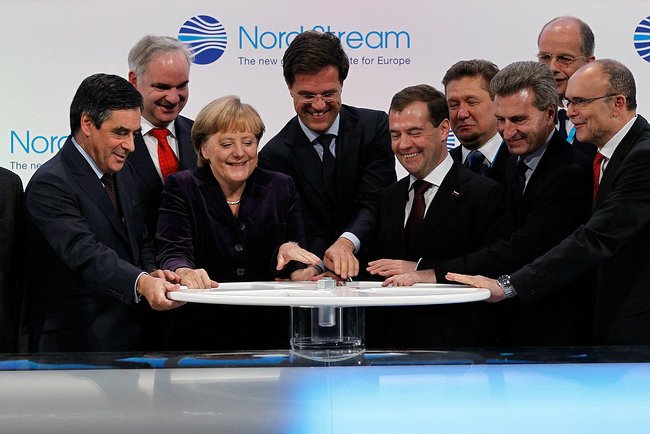If there ever was a question of who is boss in Europe, NATO or the European Union, the war in Ukraine has settled it, at least for the foreseeable future. Once upon a time, Henry Kissinger complained that there was no single phone number on which to call Europe, far too many calls to make to get something done, a far too inconvenient chain of command in need of simplification. Then, after the end of Franco and Salazar, came the southern extension of the EU, with Spain and Portugal joining NATO too, reassuring Kissinger and the United States against both Eurocommunism and a military takeover other than by NATO. Later, in the emerging New World Order after 1990, it was for the EU to prepare to absorb most of the member states of the defunct Warsaw Pact, even as they were fast-tracked for NATO membership. Stabilizing the new kids on the capitalist block economically and politically, and guiding their nation-building and state-formation, the task of the EU, more or less eagerly accepted, would enable them to become part of ‘the West’, as led by the United States in a now unipolar world. (…)
Read Here



Be the first to comment